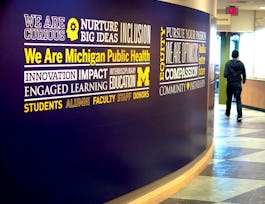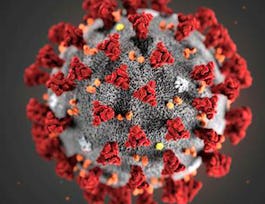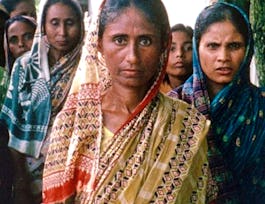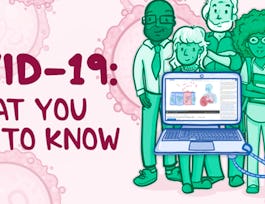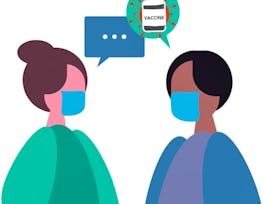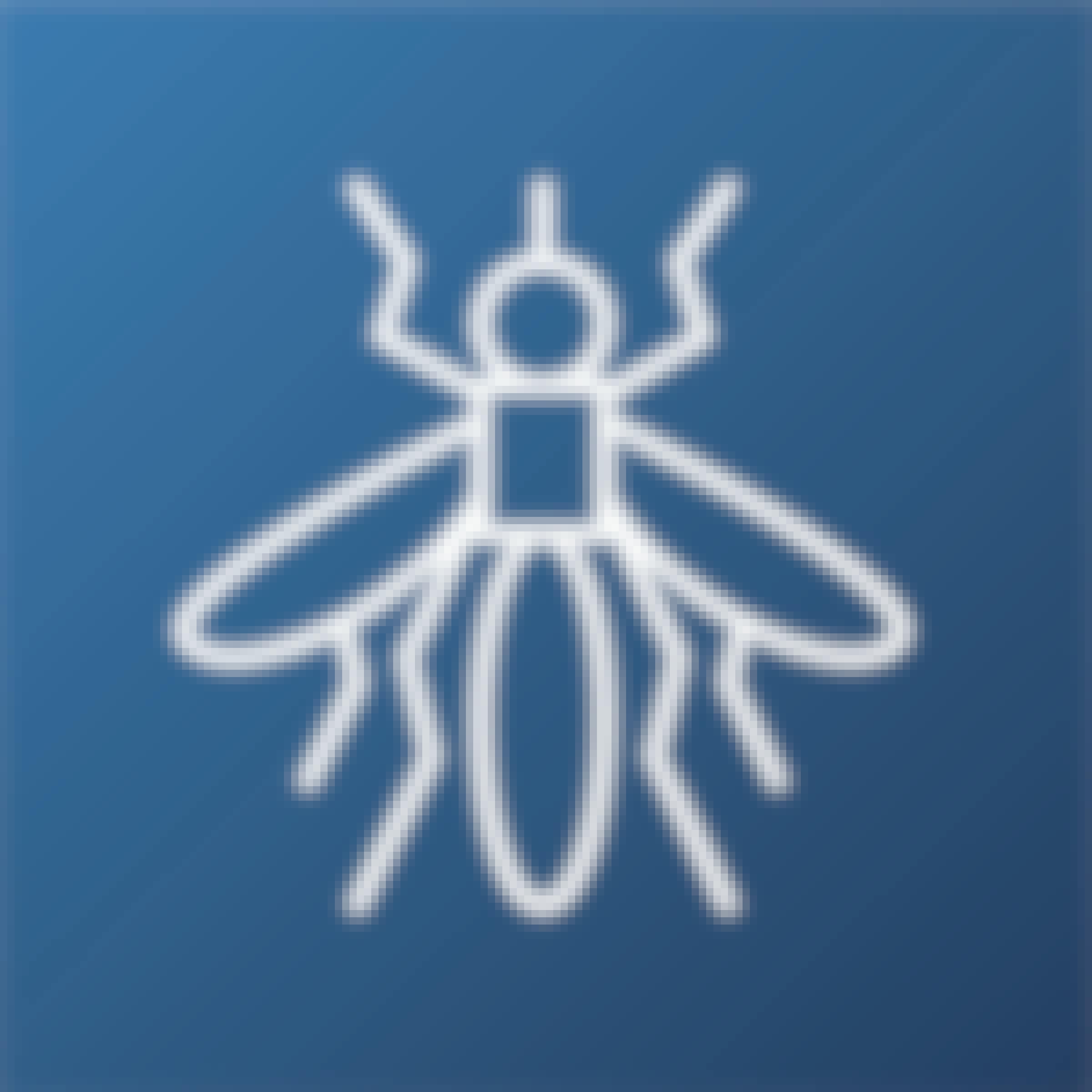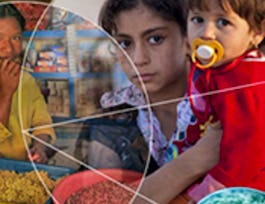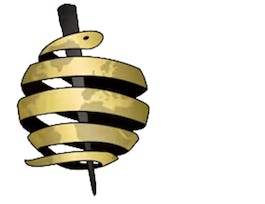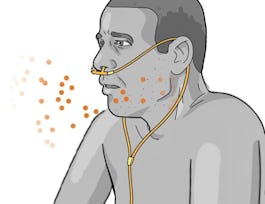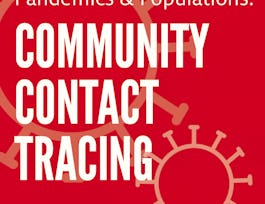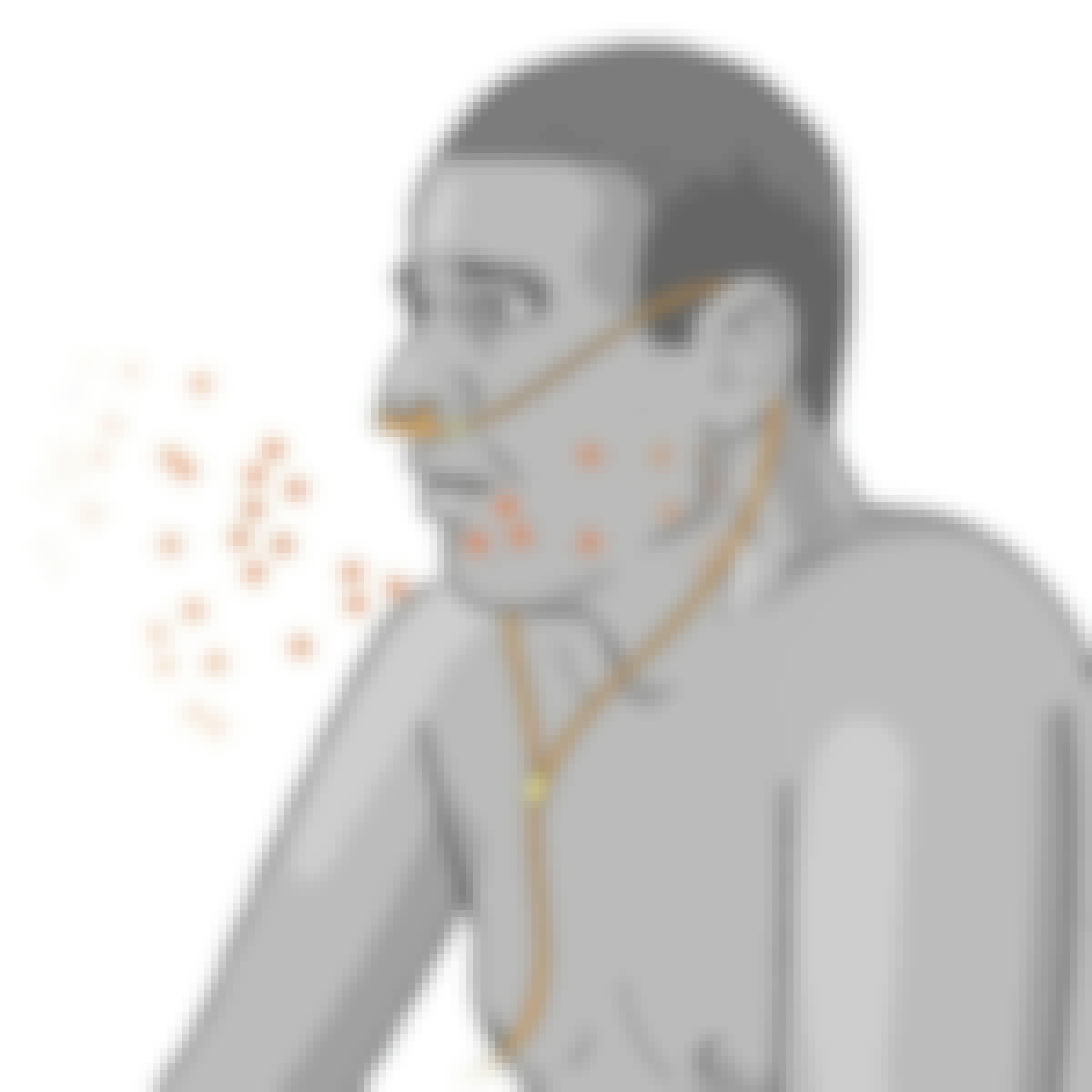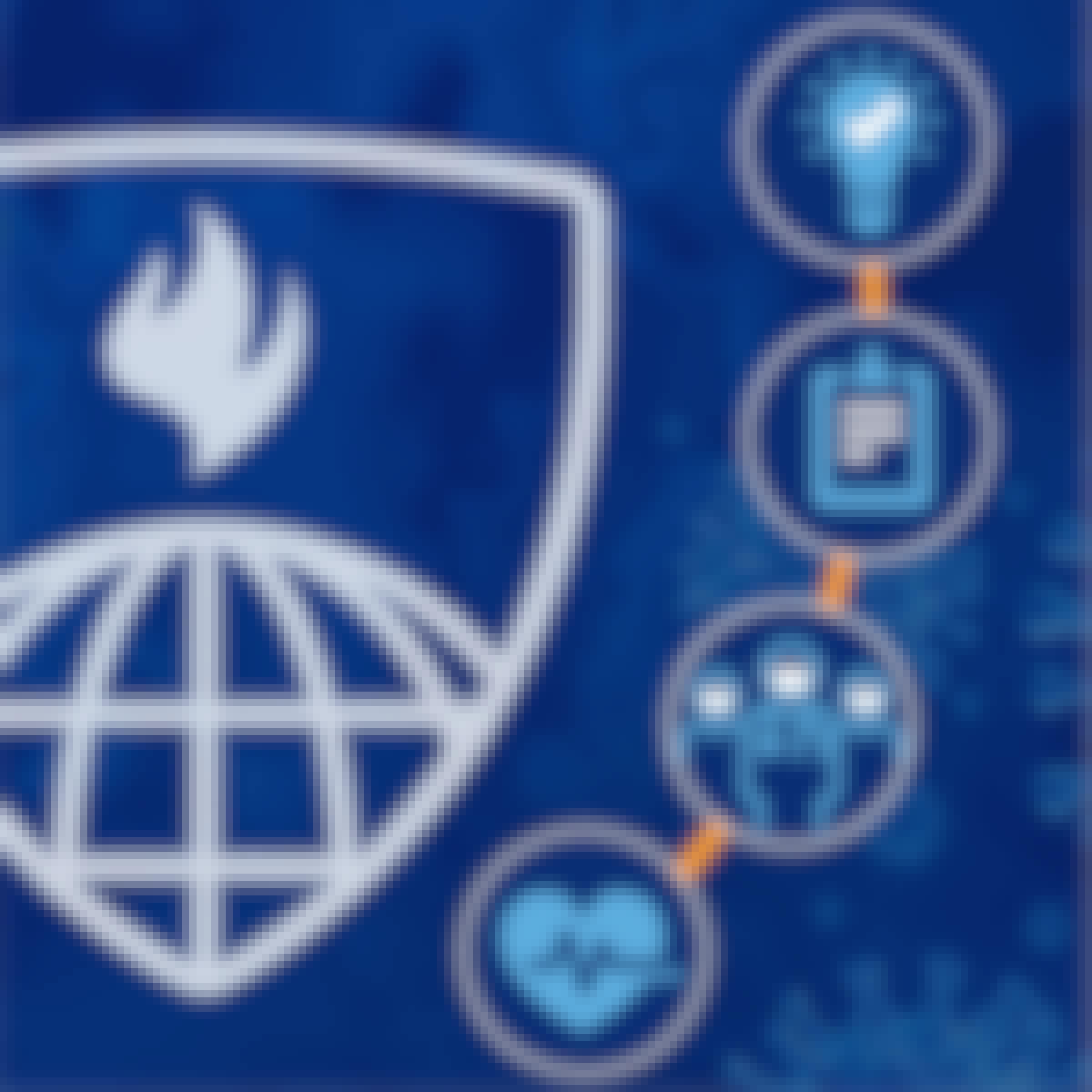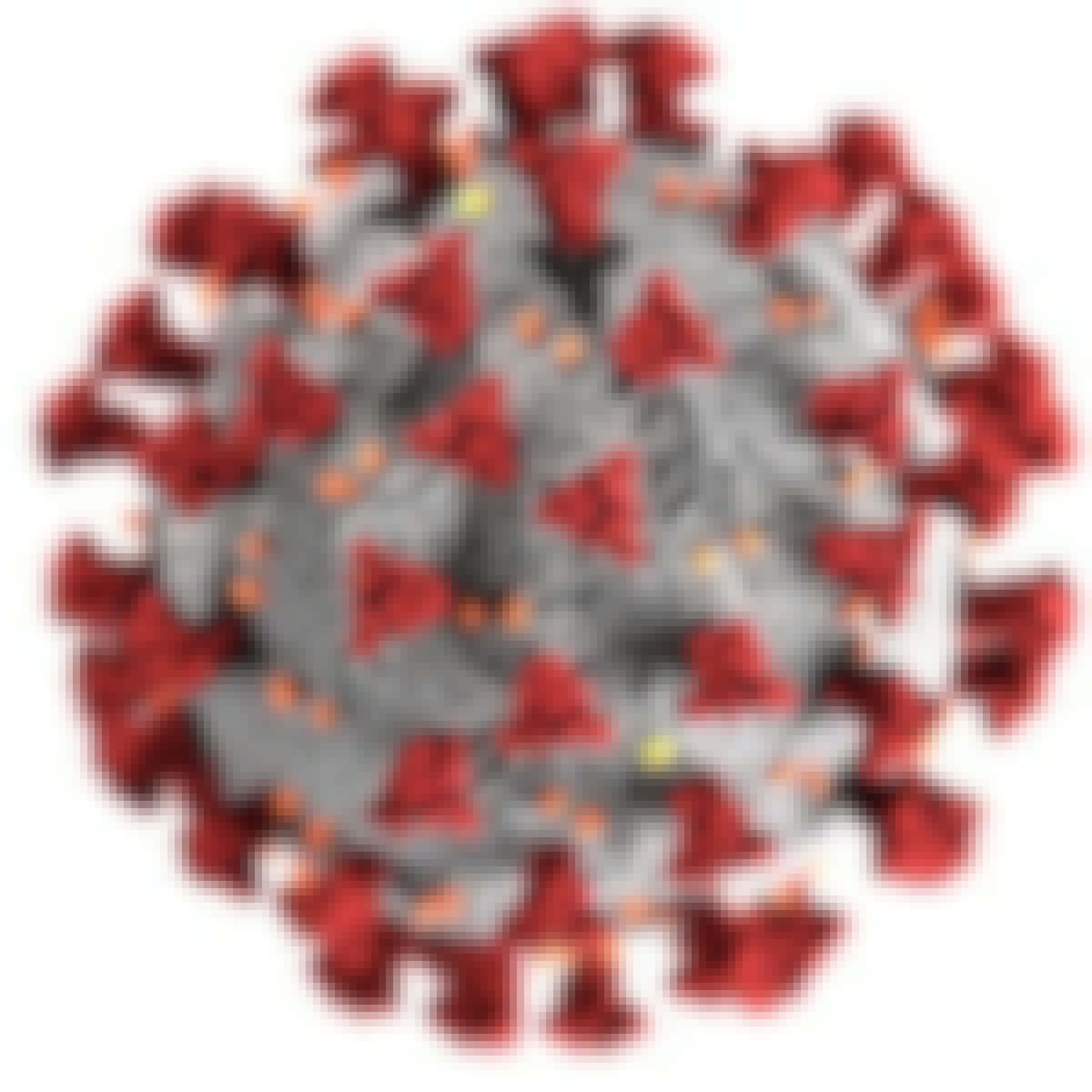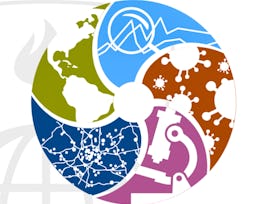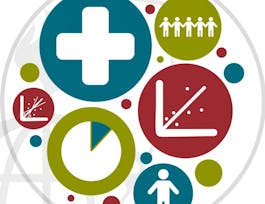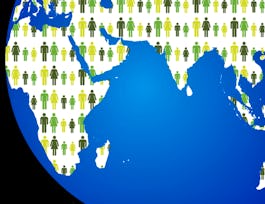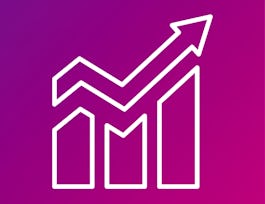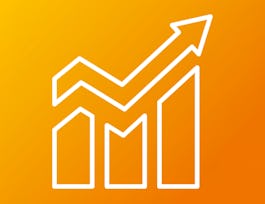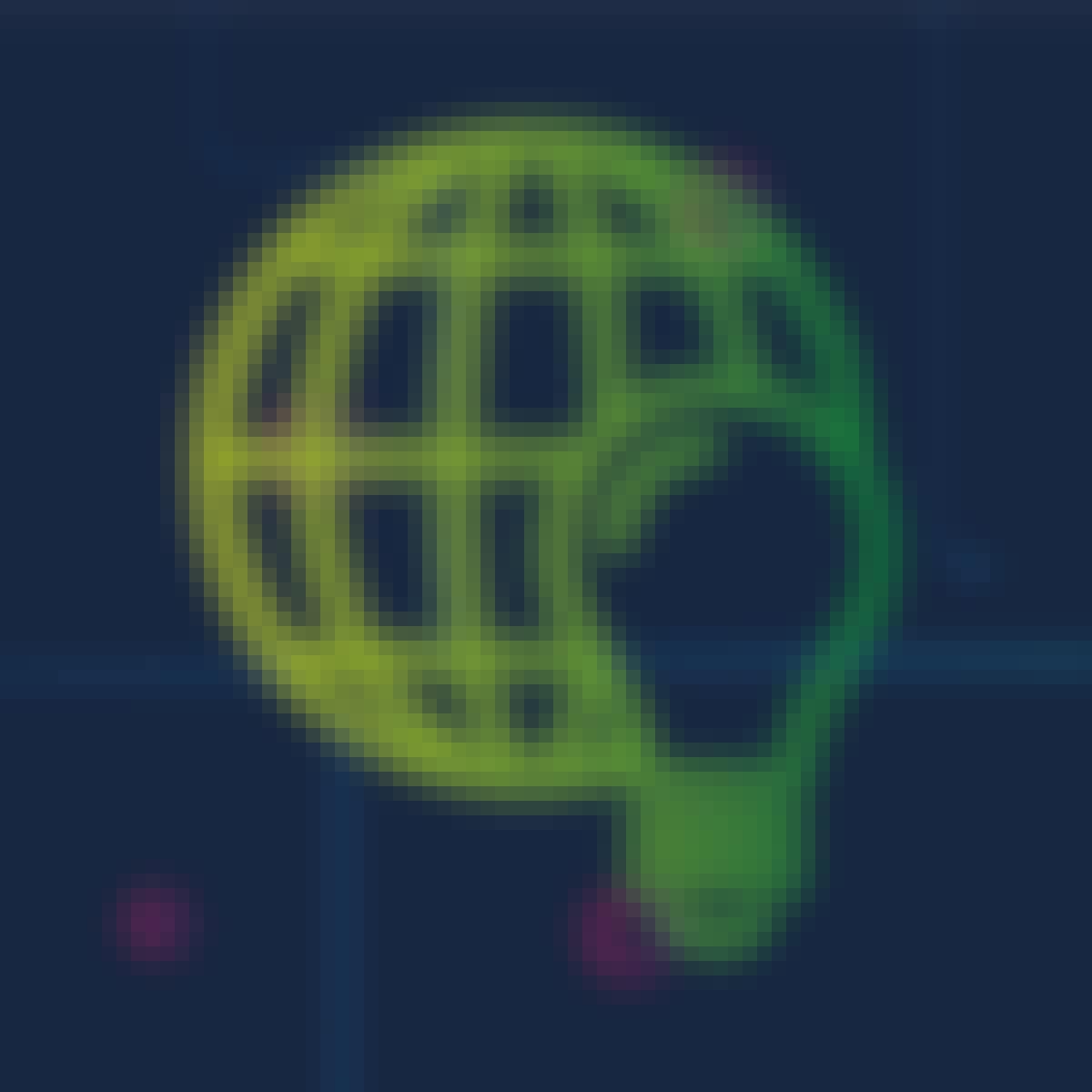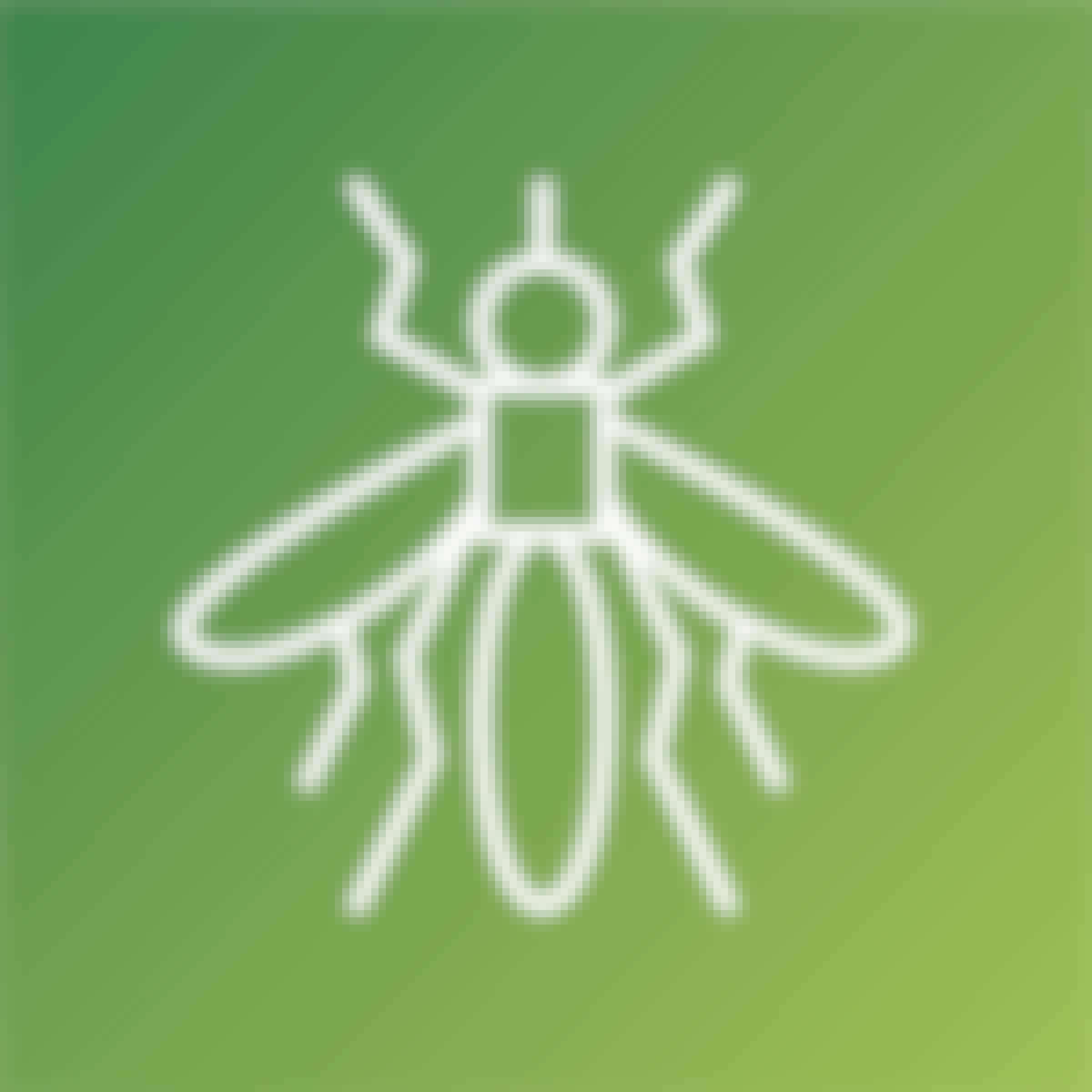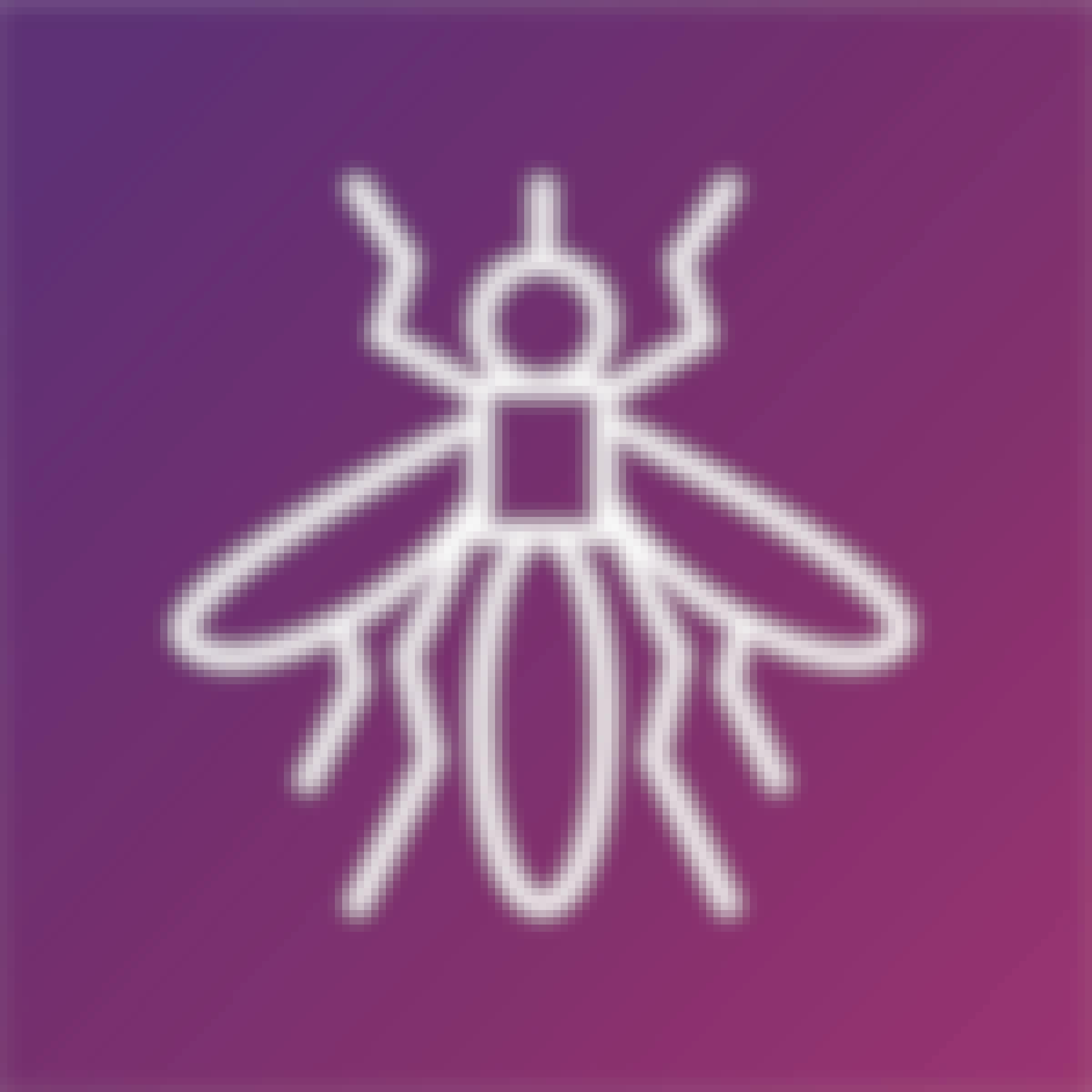Public Health
Earn Your Degree
Most Popular Courses
Top Rated Courses
Finish a Public Health Course in 24 Hours or Less
Learn about COVID-19 from experts at Imperial, JHU, and more
Most Popular Certificates
Open courses in the Global Master of Public Health from Imperial College London
Frequently Asked Questions about Public Health
There are a lot of great free public health courses available online. If you're interested in staying up to date on the science of infectious diseases, check out Infectious Disease Transmission Models for Decision Makers. To learn about women's health and human rights, Women's Health and Human Rights offers a comprehensive view. If you're interested in understanding how to promote health behavior change, check out Health Behavior Change. If global health policy is what you want to learn more about, Global Health Policy offers a great online course. Lastly, if you're curious about global health diplomacy, Global Health Diplomacy is an essential course to take.
For those just starting out in public health, Coursera offers a range of great introductory courses that can help to jumpstart a career. The Foundations of Public Health Practice course provides an overview on the field and ways to support public health. If a student is looking for a more in depth practice on epidemiology, the Professional Epidemiology course is the perfect fit. The Biostatistics for Public Health course is great for understanding how to collect and analyze public health data. Additionally, there is the Addressing Racial Health Inequity in Healthcare course that is aimed at raising awareness of racial health disparities. Finally, the Global Health course provides insights which are essential for anyone aiming to make an impact beyond the local public health level.
For those looking to broaden their knowledge of public health, some of the best advanced courses include Advancing Health Equity: A Guide for Reducing Bias, Digital Health Specialization, Assessing and Improving Community Health, Childbirth, and Linear Regression in R for Public Health, which provide an in-depth look at important public health topics and how to intervene to improve health outcomes.
The study of public health seeks to identify the factors that affect the health of communities, cities, and society at large, and to ensure that conditions and policies that protect health on this scale are put into place. This field has become more important than ever with the emergence of the COVID-19 pandemic, unquestionably the most serious global public health challenge of our lifetime. Public health experts are playing a vital role in shaping our response to COVID-19 by mapping the spread of the illness, identifying ways to slow its transmission and mitigate its impacts, and formulating recommendations for action geared towards policymakers as well as the public. For example, research by Imperial College London’s COVID-19 Response Team has provided important guidance to governments around the world on the importance of lockdowns in stopping the spread of the pandemic by bringing together epidemiological analysis with statistical models to predict the potential impacts of different policy options.
Of course, public health is relevant to many other issues besides studying pandemics. For example, some public health experts seek to establish links between environmental risk factors faced by certain socio-economic groups and health outcomes, providing critical research needed to support action. Other public health advocates look at the impacts of policy interventions in healthcare, analyzing the collective actions that can be taken to improve health across populations. Education on topics like the value of proper nutrition and the importance of vaccination is also essential to this field.
The COVID-19 pandemic has thrust public health experts into the spotlight, as policymakers and the public alike turn to them for guidance on how to navigate this unprecedented crisis. For example, the Director of the National Institute of Allergy and Infectious Disease, Dr. Anthony Fauci, has become a household name for advising the federal government on its response to COVID-19 as part of his distinguished career guiding six U.S. Presidents on numerous domestic and global public health issues.
In other cases, public health professionals’ work often takes place “behind the scenes” of healthcare, providing the research, education, and expertise needed to prevent more familiar illnesses and injuries. Additionally, the field of public health is inherently multidisciplinary, with professionals coming from many different fields and working in many different contexts.
For example, academic researchers such as epidemiologists play a critical role in investigating patterns and causes of diseases such as diabetes and cancer across populations, and sociologists establish the social factors that may underlie these patterns. These highly-educated public health experts generally have masters degrees such as a Masters in Public Health (MPH), according to the Bureau of Labor Statistics.
A background in the ‘hard’ sciences like biology, engineering, or chemistry can also be valuable preparation for a career in public health. Environmental scientists use knowledge of biology and other life sciences to protect human health. Health and safety engineers rely on expertise in engineering as well as health to minimize risks from the built environment. In a more specialized way, occupational health and safety technicians collect data to analyze potentially hazardous work environments such as factories or industrial plants to identify potential health risks and develop adequate safety procedures.
Whether combating a global pandemic or helping members of specific communities or professions live healthier lives, public health jobs can intersect with many different types of career paths, and offer an opportunity to make a difference without necessarily having to go to medical school or work on the front lines of patient care.
Yes, there are a wide range of options available for students looking to learn about public health online, from individual courses to master’s degrees. And, as in other areas of study, online education gives you the opportunity to learn remotely from top-ranked schools on a flexible schedule from anywhere in the world.
As the world’s leading online learning platform, Coursera offers the full range of these opportunities to learn about public health. Students can take individual courses such as epidemiology, biostatistics, and global health at a lower price than on-campus alternatives, or free collections of public health courses.
If you want to pursue a Masters in Public Health (MPH) degree, Coursera has options for this too. The Global Master of Public Health degree from Imperial College London and the Master of Public Health degree from the University of Michigan offer opportunities to gain an online education in public health from leading institutions in the field.
Having a background in medicine or science before you start learning about public health can be helpful. You may take courses in biology, sociology, or anthropology to build your knowledge of the human body and human behavior. Alternatively, you may have paid or volunteer experience working in a doctor’s office, local clinic, or a laboratory. If you want to work with a specific population that speaks another language, it can be beneficial to learn that language so you can communicate with people. Other helpful skills include collaboration and communication skills.
If you have a passion for helping a specific community, want a job with plenty of variety, and desire to impact the health of people around the world, learning public health may be right for you. You may have opportunities to slow the spread of diseases in a particular community or fight diseases within a population. As a public health worker, you can put your problem-solving skills to use through roles like grant writing, training employees, coordinating meetings, and scheduling testing events.
Some topics related to public health that you can study include hard sciences like biology and epidemiology. You also may consider learning more about psychology, sociology, and anthropology, which can help you understand how people act when they are in groups. Even more topics you can learn are the languages spoken among a specific population or in a particular country, statistics and probability, and public speaking.
Places that hire people with a background in public health include government agencies, schools, private companies, and international organizations. They may operate in the United States or abroad, working in a specific community or country or with an identified population. Employers in the field of public health typically look for employees with a broad range of experience or education who can jump in and help where needed.
Online Public Health courses offer a convenient and flexible way to enhance your knowledge or learn new Public Health skills. Choose from a wide range of Public Health courses offered by top universities and industry leaders tailored to various skill levels.
When looking to enhance your workforce's skills in Public Health, it's crucial to select a course that aligns with their current abilities and learning objectives. Our Skills Dashboard is an invaluable tool for identifying skill gaps and choosing the most appropriate course for effective upskilling. For a comprehensive understanding of how our courses can benefit your employees, explore the enterprise solutions we offer. Discover more about our tailored programs at Coursera for Business here.
